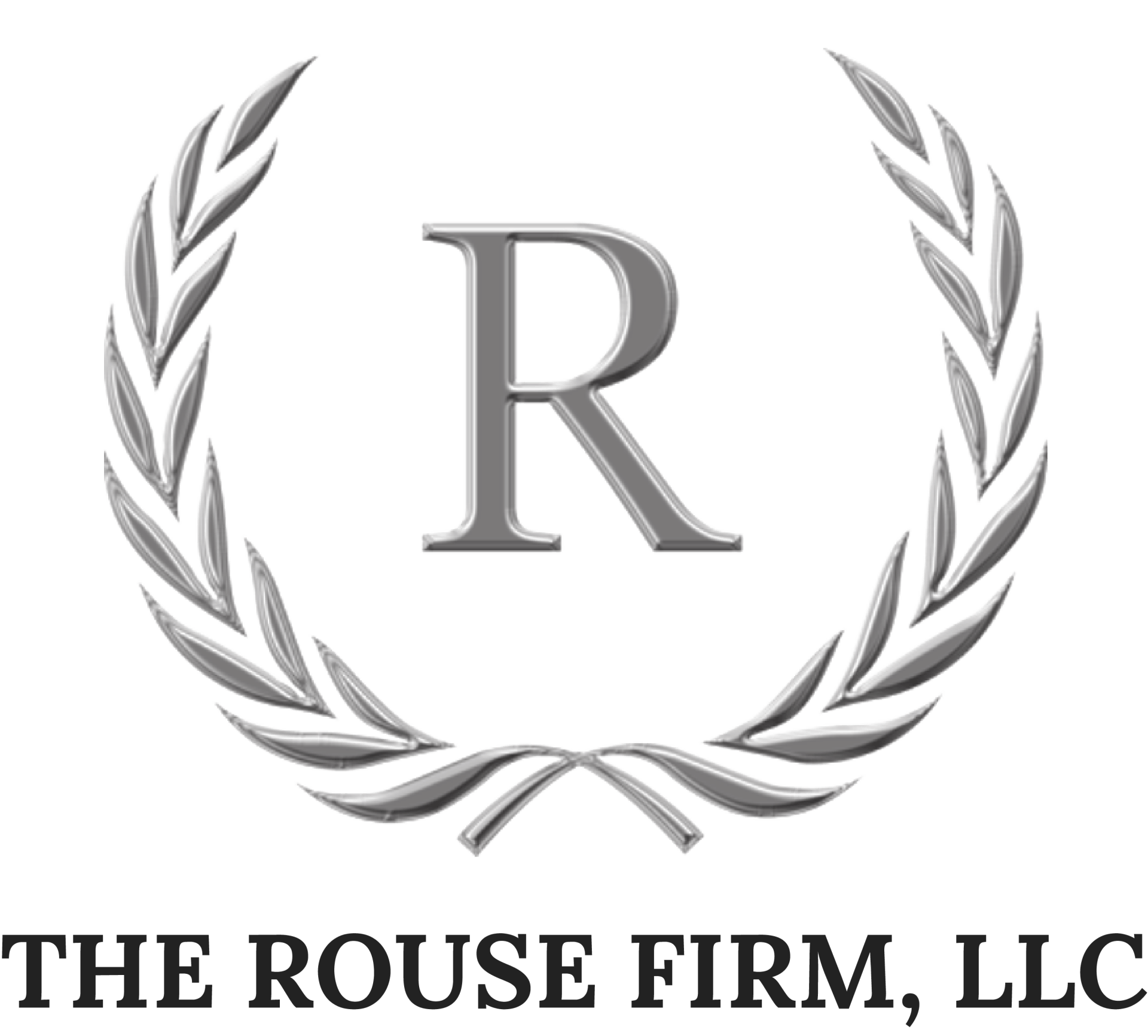FILM PRODUCTION 101
Here is an overview of some major items that you should consider at the outset of your film project. Addressing these items sooner rather than later could save you time and money in the long run.
I. BUSINESS FORMATION AND PRODUCER PROTECTION
One of your first tasks is to select and set up a business entity for the film. When selecting a business entity, consider the following four areas as they will dictate the type of entity that you select:
- Who will manage and maintain control of the film project (including own the film's intellectual property)?
- What will be the primary source of funds, investors, donors, etc.?
- Who will be primarily responsible for the obligations incurred by the film?
- What will be the tax benefits (such as state tax credits and tax obligations incurred in the production and distribution of the film)?
The most common business entities are sole proprietorship, general partnership, corporation and company. The first two types (sole proprietorships and general partnerships) enable you to have complete control of the project. However, film production is a very high risk endeavor that could potentially expose you to individual liability, financially and legally. For these reasons, you should not use either the sole proprietorship or general partnership for your film project. Instead, you should invest the time and expense needed to form a corporation or company and conducting all business accordingly.
As it relates to a corporation or company, by organizing and operating as either, you can avoid personal liability for business activities and debts. Also, with a corporation or company, you can, more easily, bring investors into the project.
In some instances, you may want to form multiple companies. This is especially true where you are involved with multiple film projects. The first company will be known as the parent or “Development Company.” You will control this Development Company and use it to do the development work for all of your film projects (i.e., acquiring the underlying work or screenplay on which the film is based. Once the project is ready for funding and production, you will transfer it to its own, separate LLC (Production LLC), managed by the Parent or Development Company. This practice of forming different companies insulates your film projects from each other’s failures and liabilities. Also, since the Development Company serves as the manager of the Production LLC, you enjoy double-protection for any individual liability. The Production LLC will own or license all of the intellectual property associated with the film. This includes the rights to use the script, the rights to the actor’s performances, licenses for all music, and all other items that are discussed in the section on copyright. Also, having the Production LLC will make it easy for potential distributors to access and examine ownership paperwork relative to intellectual property rights. Anyone working on the production should be hired by and paid by the Production LLC. The Development Company would be a “member” (that is, the owner) as well as the “manager” of the Production LLC.


